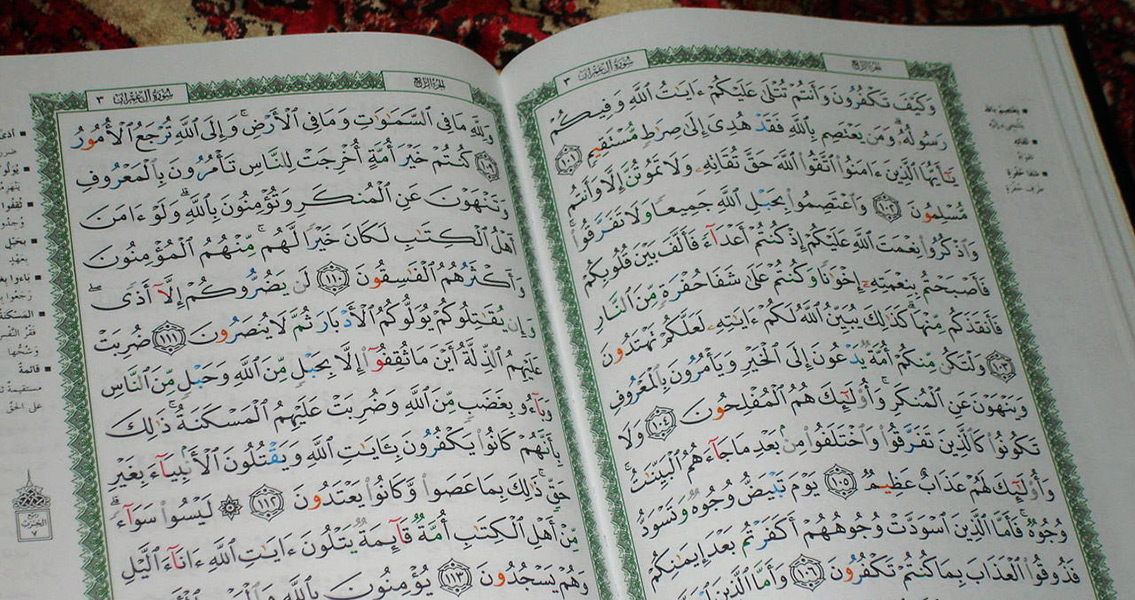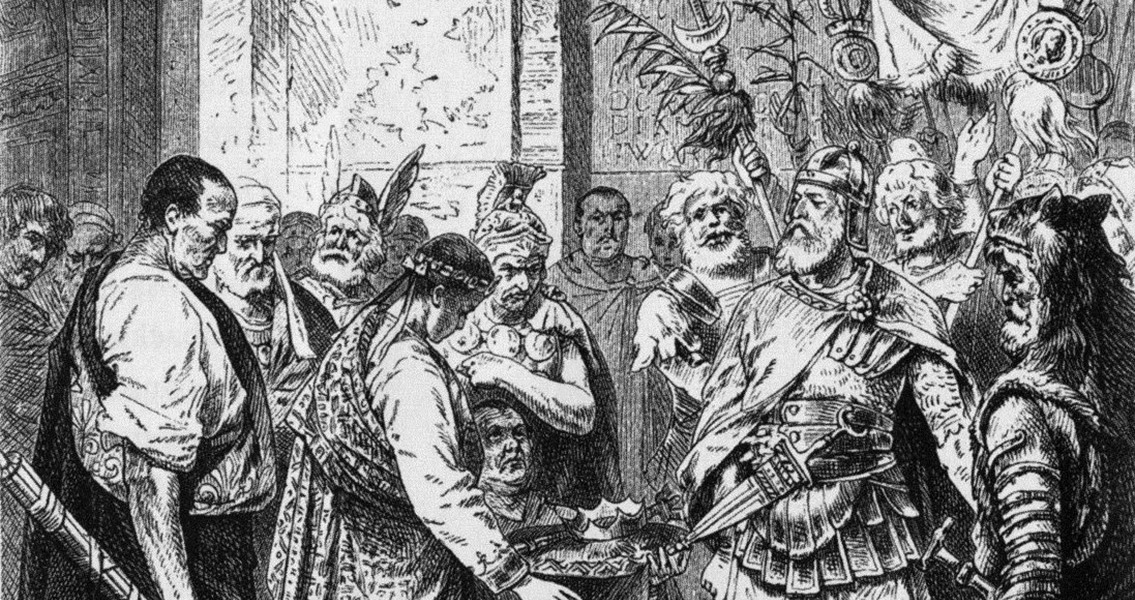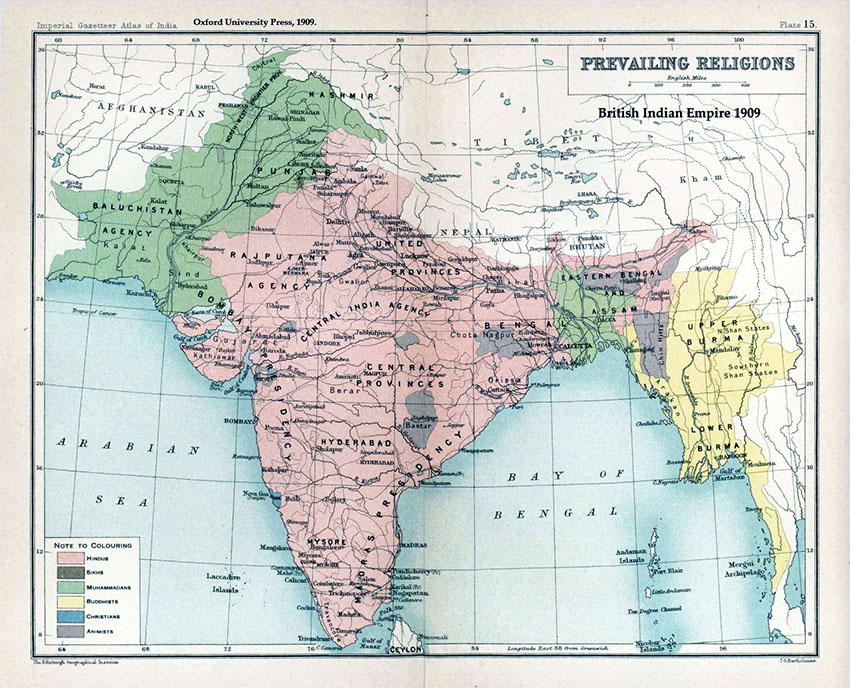reported when the find was announced, the two pages were initially believed to have been part of a codex, whose other parts are kept in France. Initially, the hypothesis was that the fragments were contemporaneous with Muhammad, pushing the date of the first written copy of the Quran back, but not too much. Now, further research is suggesting that, in the words of Keith Small, some non-mainstream views of the origins of the book may have more ground than previously believed. Specifically, he told the Times of London, the carbon dating of the manuscript suggests that Muhammad and his early followers based the new religion on an already existing text, which they “shaped … to fit their own political and theological agenda, rather than Muhammad receiving a revelation from heaven.” According to traditional belief, Muhammad received the revelation that was to become the Qur’an some time between 610 and 632 CE. Initially, however, the information was only part of the oral tradition of the region. The first Muslim community, Discovery News writes, was set up in Medina in 622 CE but the first written copy of the Quran only appeared thirty years later, during the rule of the third caliph, Uthman, after Muhammad’s death. In the years before that, only fragments of the holy book were written on animal skin, bones, leaves, and parchment. The fragments found in the University of Birmingham are written on what is either sheepskin or goatskin, suggesting one of these animals was sacrificed especially for the manuscript. Image courtesy of Wikimedia Commons user: Amr Fayez ]]>








4 Comments
Dinah
Very interesting! No surprize!
Abdullah Adam
Quran 2:42 And do not mix the truth with falsehood or conceal the truth while you know [it].
How did the original article at the Daily Fail (Mail) of the UK move from loads of “maybe” and “if” and “perhaps” to predates (for sure) as the title suggests?
For those who want a balanced and rational argument I suggest you read
Dr Jonathan Brown of Georgetown University in DC who wrote an article about it that can be found here: http://www.drjonathanbrown.com/2015/how-should-rationalists-deal-with-dogmatism-the-case-of-the-birmingham-quran-pages
Sean
Jonathan Brown is a convert to Islam and doesn’t let that fact be known in his article. The reason why there has been so much fuss about the implications of the carbon dating of these Birmingham manuscripts is because they are not the oldest ‘Quranic’ manuscripts. The Sana ones are older but their initial carbon dating results were rejected as erroneous because they were so out of line with the Islamic tradition. Now those earlier results are now being taken more seriously. Further results are due to be published and I suspect they will also pre-date Muhammad, The game is up for Islam I’m afraid.
https://twitter.com/GabrielSaidR/status/623663400665620480
http://www.the-tls.co.uk/tls/public/article1589562.ece
New Man
“What the tests revealed initially, was that the parchment originated around 1,370 years ago. Later tests, however, have revealed that it may have originated as far back as 1,448 years ago.”
Like the article suggests, dating is an imprecise science. There’s no reason – from this article at least – why the earlier date has been favoured over the later one given what is already known historically. Furthermore, the ink itself hasn’t been dated. The article is filled with ifs and buts and cannot be taken seriously.